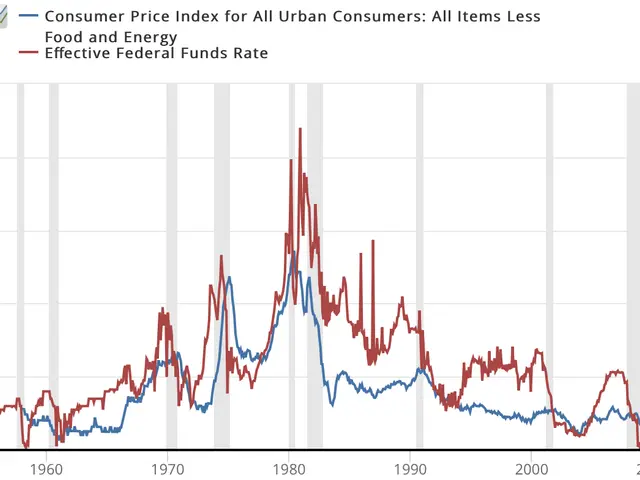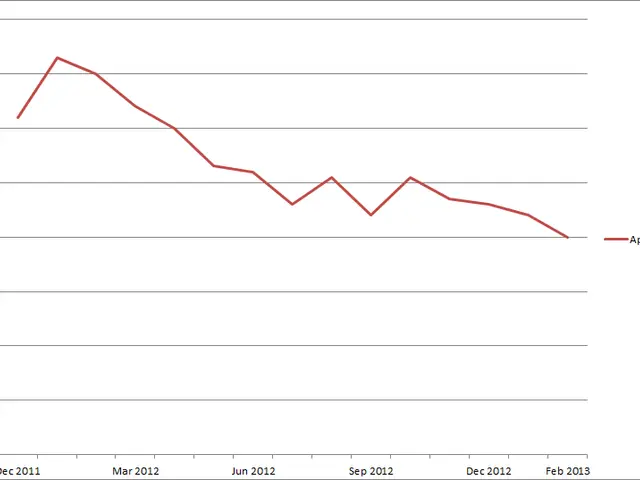Working While Collecting Social Security? Avoid This Less-Known Rule That Could Drain Your Finances
Retirement is a personal journey with no one-size-fits-all approach. Some choose to travel the globe, others seek relaxation, while some continue working for fulfillment. Social Security, however, requires a bit more consideration, especially if you plan to work beyond your full retirement age.
Your full retirement age is crucial in Social Security. It's when you're eligible to receive your primary insurance amount, a monthly benefit that might increase or decrease based on when you claim it. For instance, if you claim after your full retirement age, your monthly benefit escalates by 2/3 of 1% per month until you reach 70. Conversely, claiming before your full retirement age reduces your monthly benefit.
If you claim benefits early and decide to work, it may affect your Social Security earnings. The retirement earnings test (RET) comes into play if you exceed the yearly threshold. As of 2024, the threshold stands at $22,320. Earning above this limit will result in $1 being withheld for every $2 you exceed; a common misconception.
Once you reach your full retirement age, any withheld benefits are gradually added back to your monthly payments. The recalculation ensures that your overall benefits are not significantly impacted, making it a temporary issue. Consider this as a pause in your benefits rather than a permanent loss.
Don't let the fear of benefit reductions discourage you from working if it brings personal satisfaction. Just be aware of how it might impact your financial planning. It's essential to stay updated on the annual RET threshold, as it's subject to change every year.
Enrichment data:The Social Security RET has two significant thresholds that affect early claimers who work.
- Annual Earnings Test Threshold: For 2025, the threshold is $23,400, and $22,320 for 2024. If you exceed these limits, your benefits will be reduced by $1 for every $2 you earn above the threshold.
- Monthly Earnings Test Threshold: If you reach full retirement age in 2025, the monthly threshold is $5,180. If you earn less than this threshold in any given month, you are considered retired, and can receive your full benefits, regardless of your annual earnings.
- Impact on Early Claimers: If you claim benefits early and continue working, you'll face both the annual and monthly earnings tests. Your benefits will be reduced based on how much you exceed the annual limit.
- Recouping Lost Benefits: Any benefits withheld due to the earnings test will be recouped at full retirement age. Your monthly benefit amount will be adjusted upward.
- Special Rule for Mid-Year Retirees: Those who retire mid-year and have exceeded the annual limit can avoid penalties by following the monthly earnings test. You can receive a full Social Security check for any whole month you are retired, as long as you don't exceed the monthly threshold.
During retirement, managing finances is crucial, especially when considering work beyond the full retirement age. Exceeding the Social Security retirement earnings test threshold can lead to temporary benefit reductions, with the 2024 limit standing at $22,320.
Once you reach your full retirement age, the withheld benefits gradually get added back to your monthly payments, ensuring that your overall benefits are not significantly impacted.




